Home>Garden Essentials>How Long Do Poppies Take To Germinate?
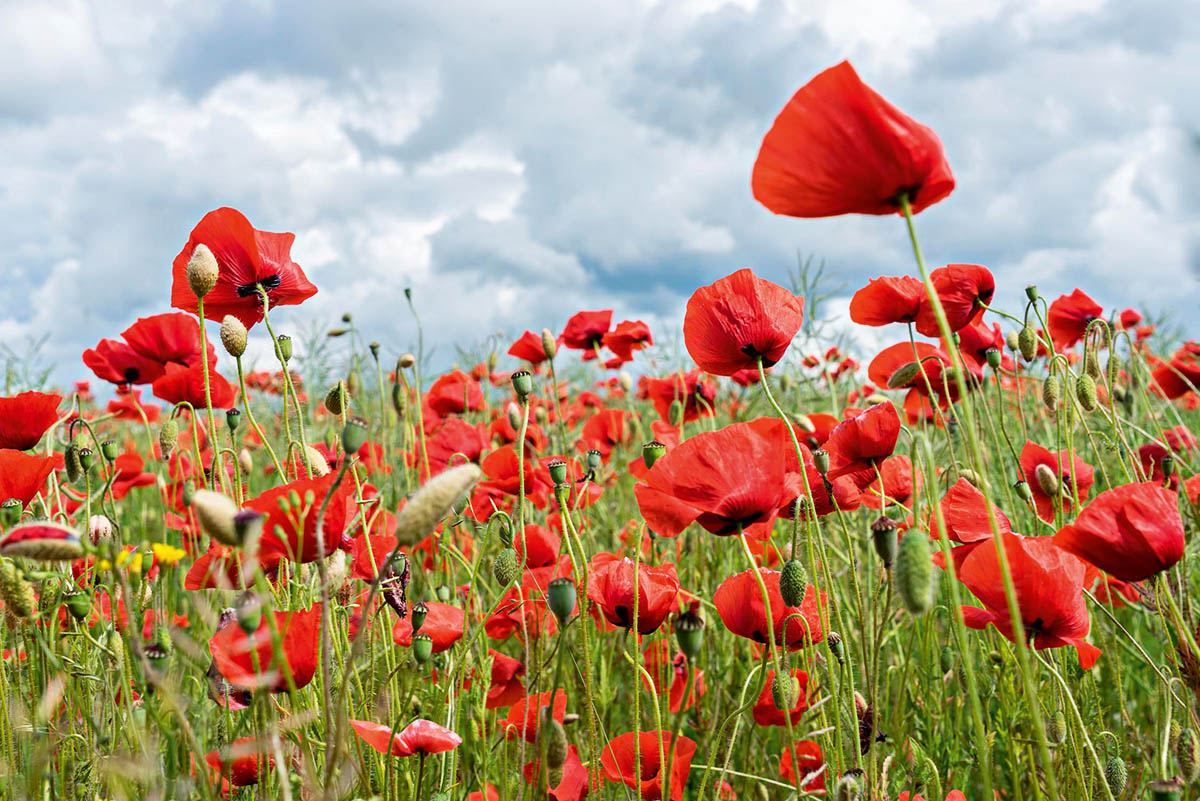

Garden Essentials
How Long Do Poppies Take To Germinate?
Modified: March 16, 2024
Learn how long poppies take to germinate in your garden. Discover the optimal conditions and techniques for germination for a successful growing season.
(Many of the links in this article redirect to a specific reviewed product. Your purchase of these products through affiliate links helps to generate commission for Storables.com, at no extra cost. Learn more)
Introduction
Welcome to the wonderful world of poppy gardening! Poppies are not only visually stunning, but they also hold deep cultural and historical significance. Whether you’re an experienced gardener or just starting out, understanding the germination process of poppies is crucial to successfully growing these beautiful flowers. In this article, we will explore the factors that influence the germination of poppies, the ideal conditions for germination, the germination time of different poppy varieties, and also provide you with some handy tips to speed up the germination process. So, let’s delve into the captivating journey of poppy germination!
Key Takeaways:
- Poppies need the right balance of temperature, moisture, and light to germinate successfully. Understanding these factors is crucial for growing healthy and vibrant poppy flowers in your garden.
- To speed up poppy germination, try pre-soaking the seeds, using cold stratification, and providing bottom heat. Avoid common mistakes like overwatering and planting in unsuitable soils to ensure successful germination.
Read more: How Long For California Poppies To Germinate
Factors Affecting Germination of Poppies
Germination is a complex process influenced by several factors. Understanding these factors is essential for successful poppy germination. Let’s take a closer look at the key factors that can affect the germination of poppy seeds:
- Temperature: Poppies are cool-season flowers that thrive in moderate temperatures. The optimal temperature range for germination is typically between 60°F to 70°F (15°C to 21°C). Temperatures below 50°F (10°C) or above 85°F (29°C) can inhibit germination or cause poor seedling development.
- Moisture: Adequate moisture is crucial for poppy seeds to germinate. However, excessive moisture can lead to rotting. It is important to strike the right balance by providing consistently damp soil without creating waterlogged conditions.
- Light: Most poppy seeds require light to germinate. It is best to lightly press the seeds onto the surface of the soil rather than burying them. However, some poppy varieties, such as Oriental poppies, may require darkness for germination. Always refer to the specific instructions for the variety you are planting.
- Seed Quality: The quality of the poppy seeds can impact germination. It is advisable to source high-quality seeds from reputable suppliers. Fresh seeds with a plump appearance are more likely to germinate successfully compared to older, shriveled seeds.
- Seed Preparation: Scarification, a process of breaking or weakening the seed coat, can enhance germination by allowing water to penetrate the seed more easily. Some poppy varieties have hard seed coats that benefit from scarification. This can be done by gently nicking or sanding the seed coat before planting.
- Soil Conditions: Poppies prefer well-draining soil with a slightly acidic to neutral pH range of 6.0 to 7.5. Loose soil with good aeration promotes healthy root development and germination. Avoid heavy clay soils that tend to retain too much water, leading to root rot.
By understanding and optimizing these factors, you can greatly increase the chances of successful germination and healthy poppy growth. Now, let’s move on to the next section to discover the ideal conditions for poppy germination.
Ideal Conditions for Germination
Creating the ideal conditions for poppy germination will set the stage for successful seedling growth. Below are the key elements to consider when aiming for optimal germination:
- Soil Preparation: Before sowing poppy seeds, prepare the soil by removing weeds and debris and loosening it with a garden fork or tiller. Add organic matter such as compost to improve soil structure and fertility.
- Light and Temperature: Most poppy seeds require exposure to light for germination. Gently press the seeds onto the soil surface, ensuring they have good contact with the soil. Place the seed tray or garden bed in a location where it will receive direct sunlight or bright, indirect light. Maintain a consistent temperature of 60°F to 70°F (15°C to 21°C) during the germination process.
- Moisture: Keep the soil consistently moist during the germination period, but avoid overwatering. Use a spray bottle or mist to lightly water the soil surface to prevent dislodging the seeds or causing waterlogging. Mulching with a thin layer of organic material can help conserve moisture and regulate soil temperature.
- Germination Duration: Germination time can vary depending on the poppy variety. On average, poppy seeds will germinate within 10 to 21 days. Be patient and maintain the ideal conditions until the seedlings emerge.
- Thinning: Once the seedlings have emerged, thin them out to provide enough space for each plant to grow. This will help prevent overcrowding, which can lead to competition for resources and poor overall plant health. Space the poppy seedlings according to the recommendations specific to the variety you are growing.
By ensuring the ideal conditions of light, temperature, moisture, and soil preparation, you will provide the best environment for poppy seeds to sprout and thrive. Now let’s explore the germination timeframes for different poppy varieties.
Germination Time of Different Poppy Varieties
Poppy varieties come in various sizes, colors, and growth patterns, and each has its own germination characteristics. Understanding the germination timeframes of different poppy varieties will help you plan your garden effectively. Here are the general germination timeframes for some popular poppy varieties:
- Oriental Poppies (Papaver orientale): Oriental poppies are known for their large, vibrant blooms. They typically have a longer germination period, taking around 14 to 21 days to sprout. These poppies prefer cooler temperatures and may benefit from a period of cold stratification prior to sowing.
- California Poppies (Eschscholzia californica): California poppies are native to the western United States and are beloved for their brilliant orange and yellow flowers. These poppies have a relatively short germination period, typically germinating within 7 to 14 days. They prefer full sun and well-draining soil.
- Shirley Poppies (Papaver rhoeas): Shirley poppies are renowned for their delicate and colorful blooms. These poppies typically have a germination period of 7 to 14 days. They prefer full sun, moderate temperatures, and well-draining soil.
- Corn Poppies (Papaver rhoeas): Corn poppies, also known as Flanders poppies, are wildflowers that produce stunning red blooms. They have a similar germination timeframe to Shirley poppies, typically sprouting within 7 to 14 days. Corn poppies can tolerate a wide range of soil conditions but prefer full sun.
It’s important to note that these are general guidelines, and germination times can vary based on specific growing conditions, such as temperature and moisture. Always refer to the seed packet or consult reputable gardening resources for more detailed information on the germination requirements of the specific poppy variety you are planting.
Now that we have explored the germination timeframes of different poppy varieties, let’s move on to some tips to speed up the germination process.
Poppies typically take 10-15 days to germinate. Keep the soil moist and place the seeds in a sunny spot for best results.
Tips to Speed Up the Germination Process
If you’re eager to see your poppy seeds sprout and grow, there are a few techniques you can employ to help speed up the germination process. Here are some useful tips to get those poppy seeds to germinate more quickly:
- Pre-soaking: Some poppy seeds benefit from pre-soaking before planting. Place the seeds in a bowl of room temperature water and let them soak for 24 hours. This can help soften the seed coat, making it easier for moisture to penetrate and initiate germination.
- Cold Stratification: Cold stratification is a process of exposing seeds to a period of cold temperature to simulate winter conditions. This can be particularly helpful for poppy varieties that naturally undergo a period of dormancy. Place the seeds in a damp paper towel or soil mixture and refrigerate them for 1 to 4 weeks before planting.
- Use of Seed Starting Mix: Using a specialized seed starting mix, which is lighter and more porous than regular garden soil, can facilitate better aeration and moisture retention. This can promote faster and more successful germination.
- Provide Bottom Heat: Many poppies thrive when provided with bottom heat to warm the soil. Using heat mats or placing the seed tray on top of a refrigerator or radiator can create the optimal temperature conditions for germination.
- Protective Coverings: Covering the seeded area with a thin layer of plastic wrap or a transparent cloche can create a greenhouse effect, maintaining warmth and moisture around the seeds. Be sure to remove the covering once the seedlings emerge to prevent mold or damping-off disease.
Remember to monitor soil moisture levels, ensuring that the seeds don’t dry out or become waterlogged during the germination process. Consistency is key, so maintain the ideal conditions mentioned earlier while incorporating these tips to expedite the poppy germination process.
As you implement these strategies, keep in mind that germination time can still vary depending on the variety and other environmental factors. Be patient, and soon your poppy seeds will sprout and reward you with their enchanting beauty.
Now, let’s discuss some common mistakes to avoid during the poppy germination process.
Read more: How Long Do Petunias Take To Germinate
Common Mistakes in Poppies Germination
Growing poppies from seed can be a rewarding experience, but it’s important to avoid certain mistakes that can hinder the germination process. Here are some common mistakes to be aware of when germinating poppy seeds:
- Overwatering: Although poppies require adequate moisture to germinate, overwatering can lead to rotting of the seeds and seedlings. Ensure that the soil is consistently moist but not waterlogged. Use a spray bottle or misting technique to prevent excessive water accumulation.
- Incorrect Planting Depth: Incorrect planting depth can significantly affect poppy germination. Many poppy varieties require light for germination, so refrain from burying the seeds too deep. Gently press the seeds onto the soil surface or cover them with a thin layer of soil, depending on the specific variety’s requirements.
- Not Scarifying Hard-coated Seeds: Some poppy seeds have hard seed coats that may benefit from scarification. Neglecting to scarify or nick the seed coat can result in delayed or failed germination. Take the time to scarify these seeds before planting to improve germination rates.
- Planting in Unsuitable Soils: Poppies prefer well-draining soil with a pH range of 6.0 to 7.5. Avoid heavy clay or compacted soils that retain excess moisture, as they can suffocate the seeds and inhibit germination. Prepare the soil appropriately by adding organic matter and ensuring good drainage.
- Insufficient Light: While poppies vary in their light requirements, many species benefit from exposure to light for germination. Ensure that the seeds have direct or indirect sunlight as needed. If the variety requires darkness for germination, be sure to adhere to those specific instructions.
- Inadequate Temperature Control: Poppies are cool-season flowers, and proper temperature control is crucial for successful germination. Avoid extreme temperature fluctuations and ensure that the seeds are exposed to an optimal range of 60°F to 70°F (15°C to 21°C) during the germination period.
By avoiding these common mistakes, you greatly increase the chances of successful poppy germination. Remember to carefully read the instructions on the seed packet and follow the specific requirements for the poppy variety you are planting.
Now, with a better understanding of the pitfalls to avoid, you can confidently proceed with poppy germination. Let’s summarize the key points we’ve covered in this article.
Conclusion
Congratulations! You’ve reached the end of our comprehensive guide on poppy germination. By now, you should have a solid understanding of the factors that influence poppy germination, the ideal conditions for successful germination, the germination timeframes of different poppy varieties, tips to speed up the germination process, and common mistakes to avoid. Armed with this knowledge, you are well-prepared to embark on your poppy gardening journey.
Remember, poppies are not only stunning flowers but also carry cultural and historical significance. As you sow your poppy seeds and nurture them throughout their germination process, appreciate the beauty and symbolism they represent.
Be mindful of the important factors that affect germination, such as temperature, moisture, light, seed quality, seed preparation, and soil conditions. Give your poppy seeds the ideal conditions they need to thrive, including proper soil preparation, light exposure, and moisture control.
If you’re anxious to speed up the germination process, consider strategies like pre-soaking, cold stratification, using seed starting mix, providing bottom heat, and protective coverings to create optimal conditions for germination.
Avoid common mistakes like overwatering, incorrect planting depth, neglecting to scarify hard-coated seeds, planting in unsuitable soils, inadequate light, and temperature control. By avoiding these pitfalls, you significantly increase the chances of successful poppy germination.
Now it’s time to put your newfound knowledge into action. Plant your poppy seeds with confidence, nurture them with care, and watch in awe as they transform into beautiful blooming flowers. Enjoy the process and the rewards that come with growing poppies in your garden.
So, get your gardening tools ready and embrace the magic and magnificence of poppy germination. Happy growing!
Frequently Asked Questions about How Long Do Poppies Take To Germinate?
Was this page helpful?
At Storables.com, we guarantee accurate and reliable information. Our content, validated by Expert Board Contributors, is crafted following stringent Editorial Policies. We're committed to providing you with well-researched, expert-backed insights for all your informational needs.
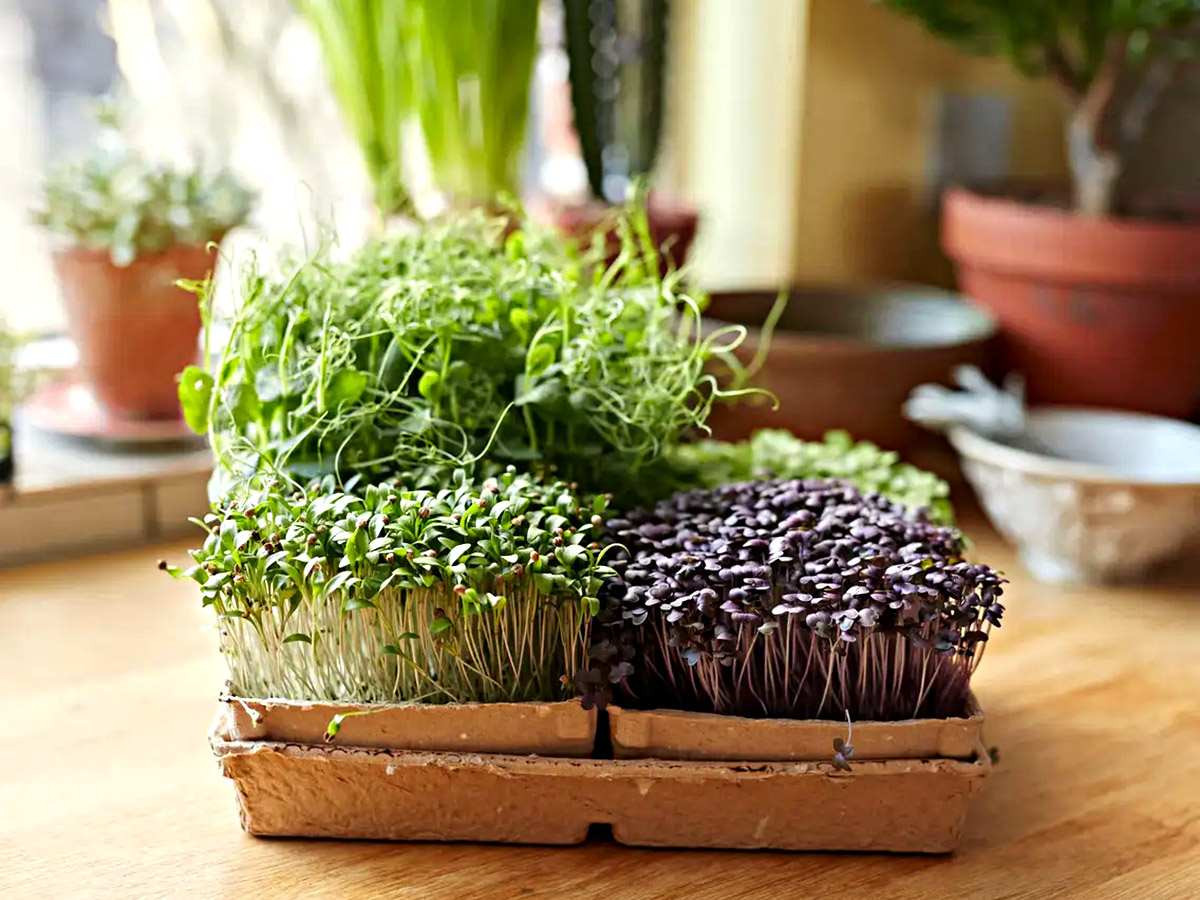
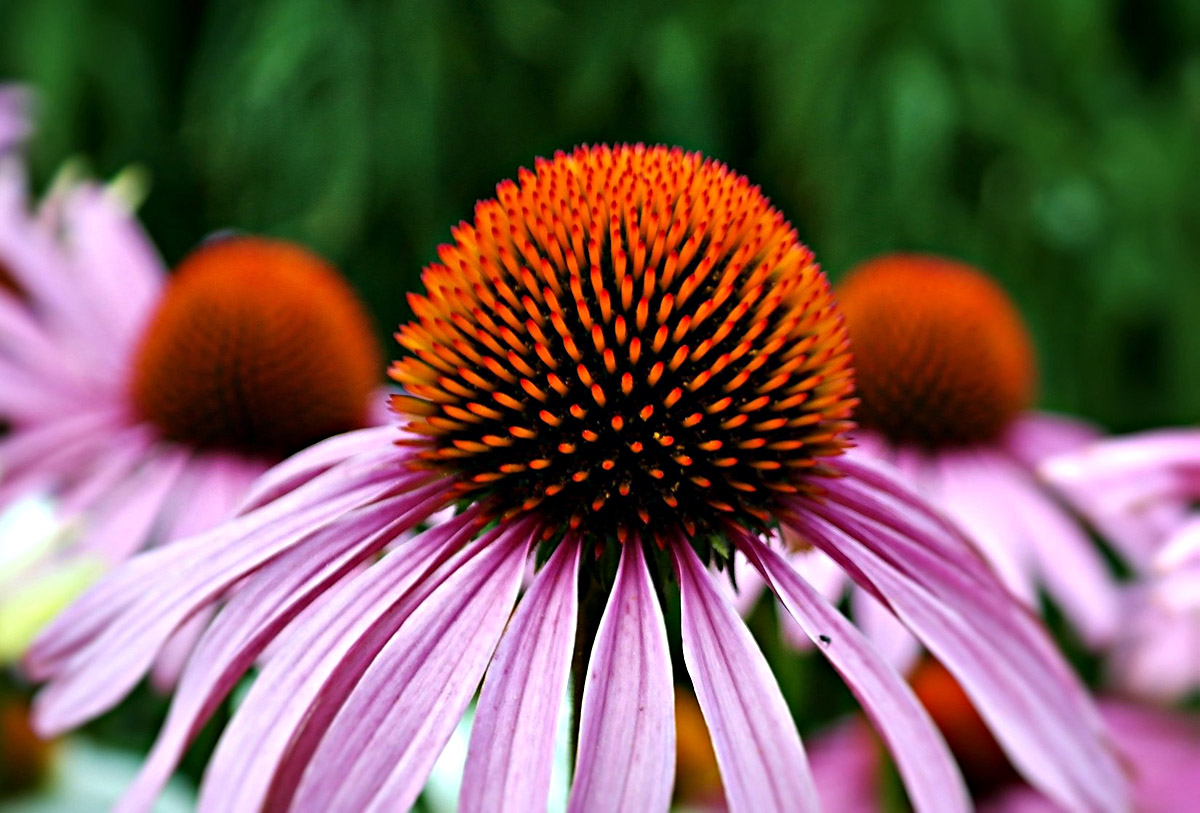
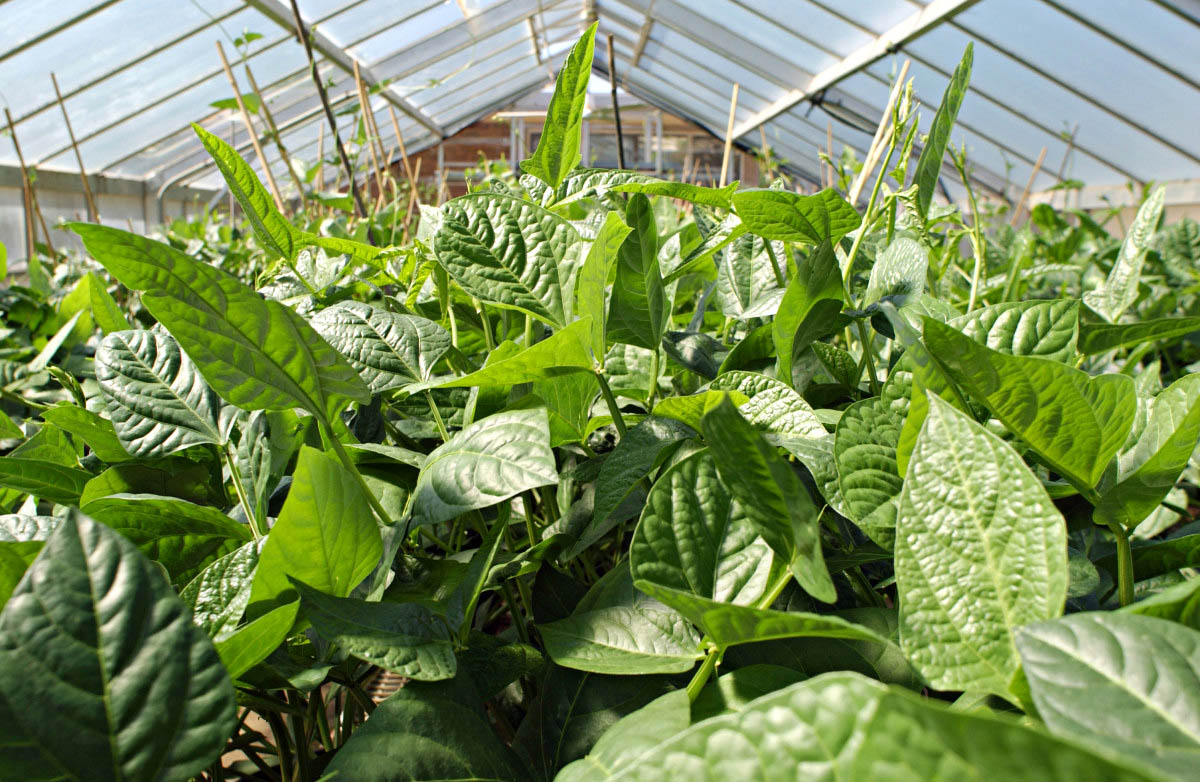
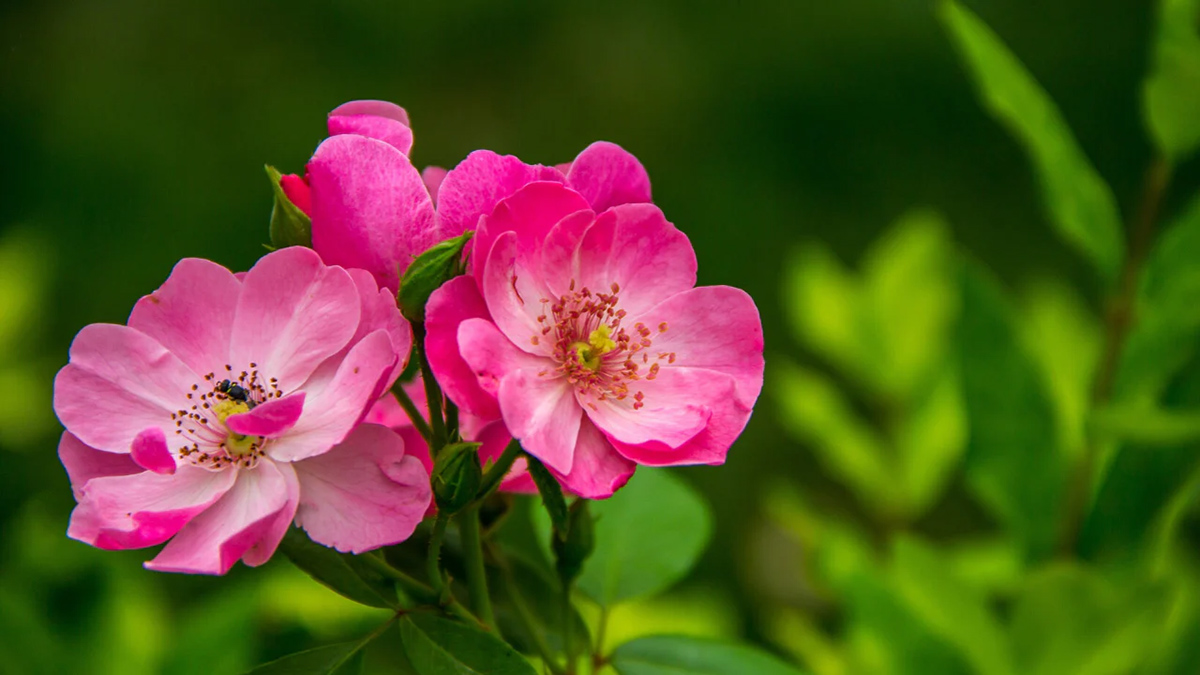
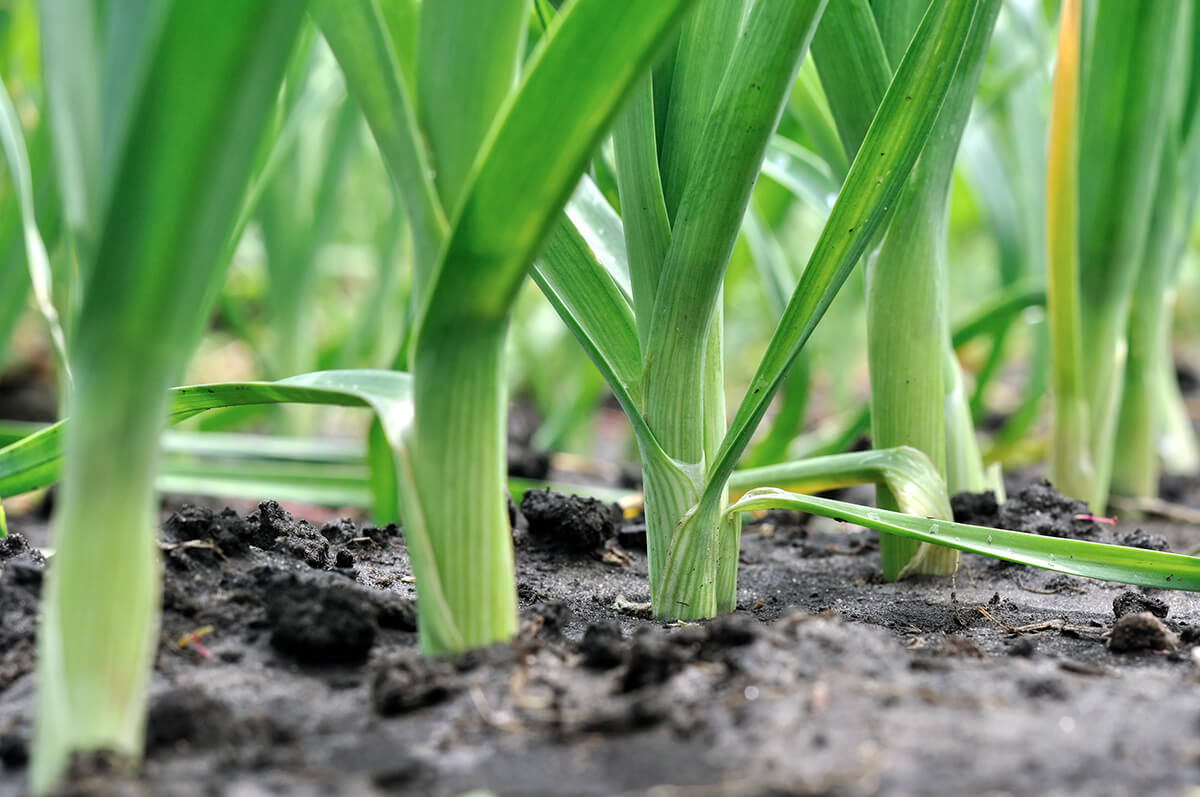
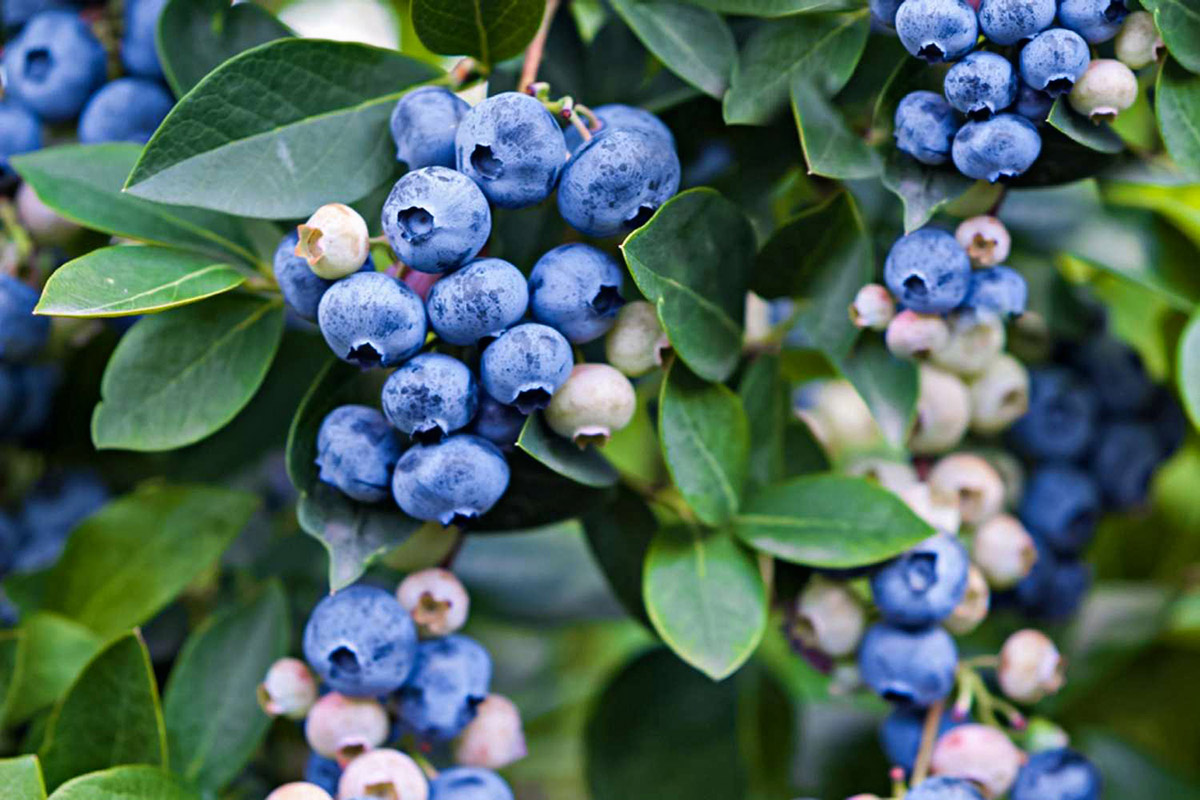
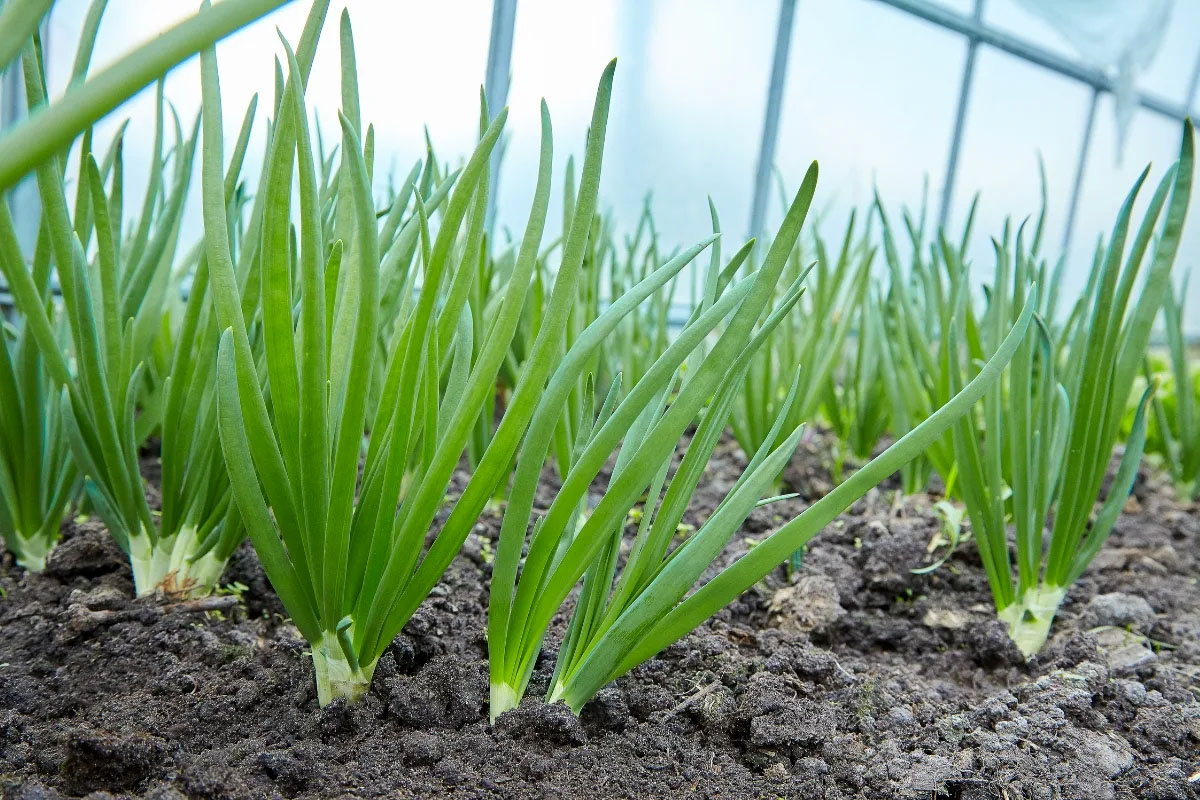
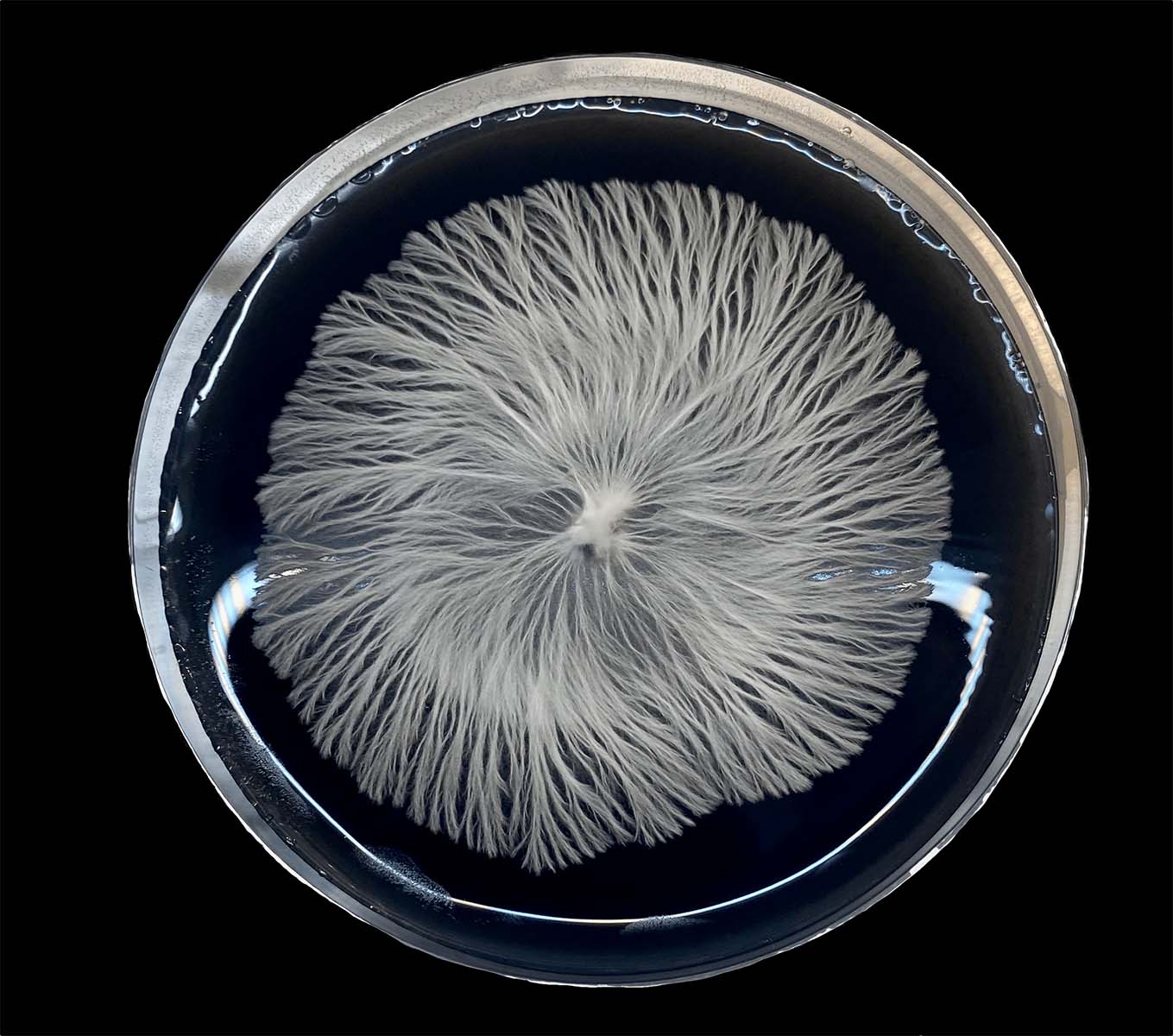
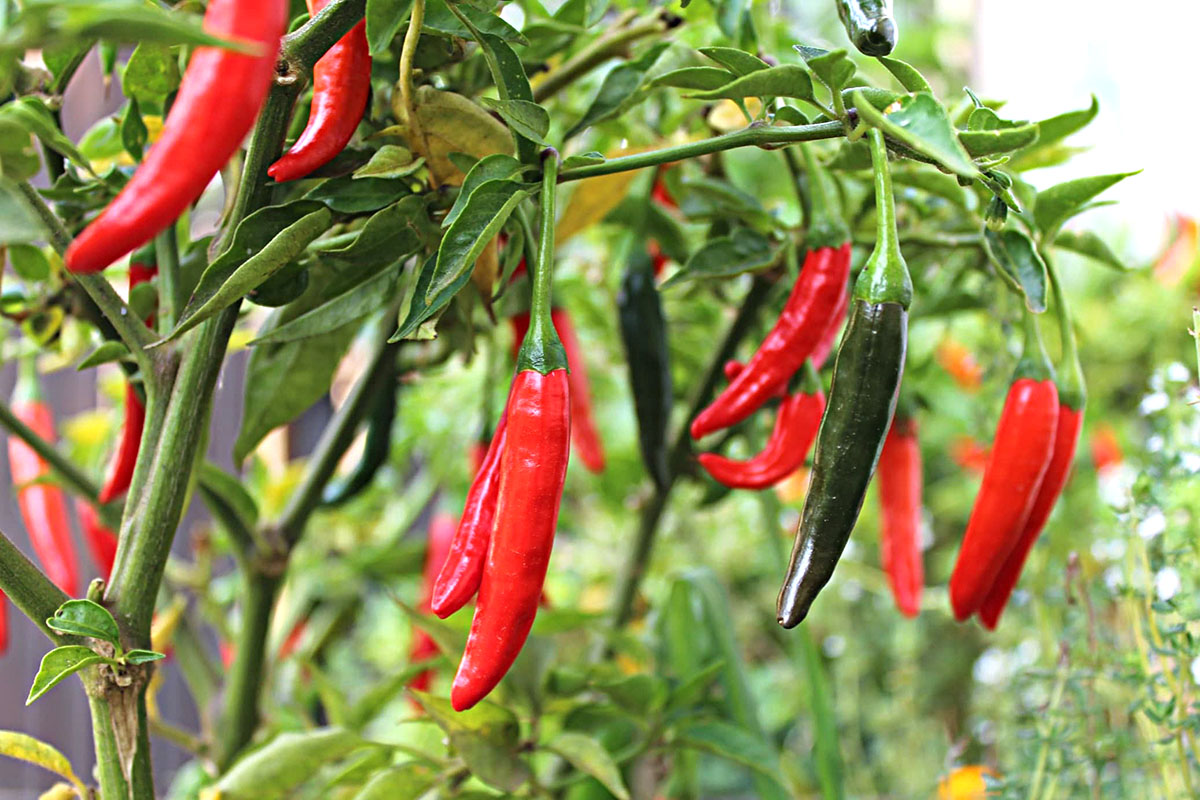
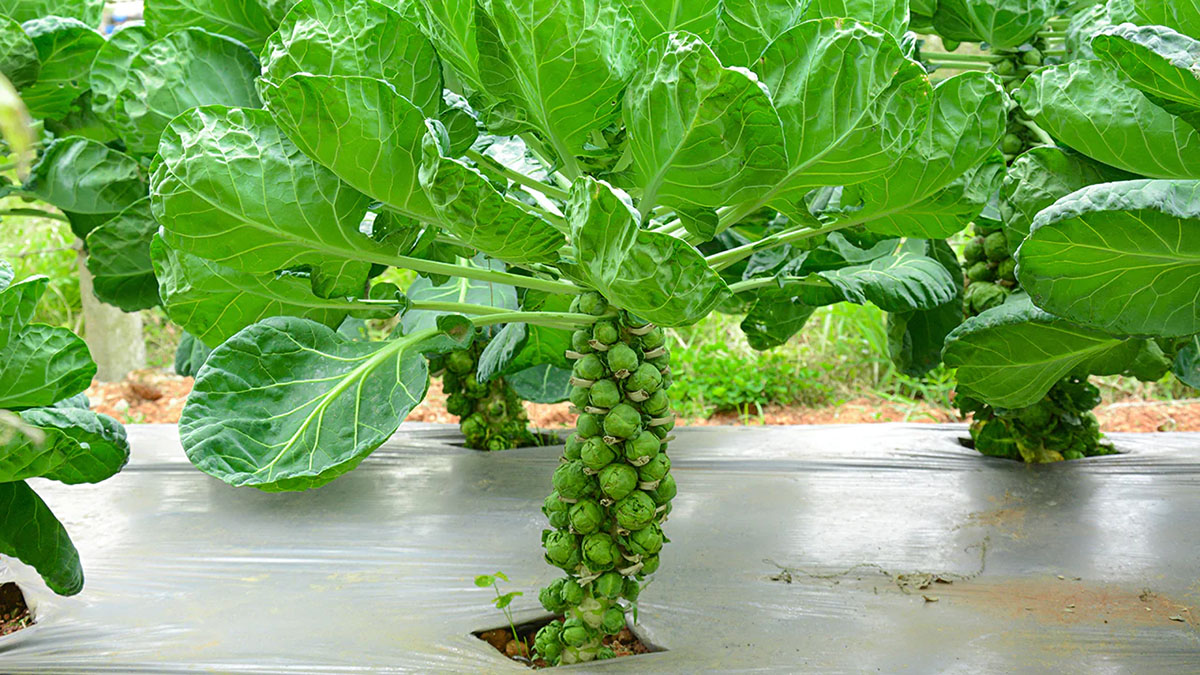
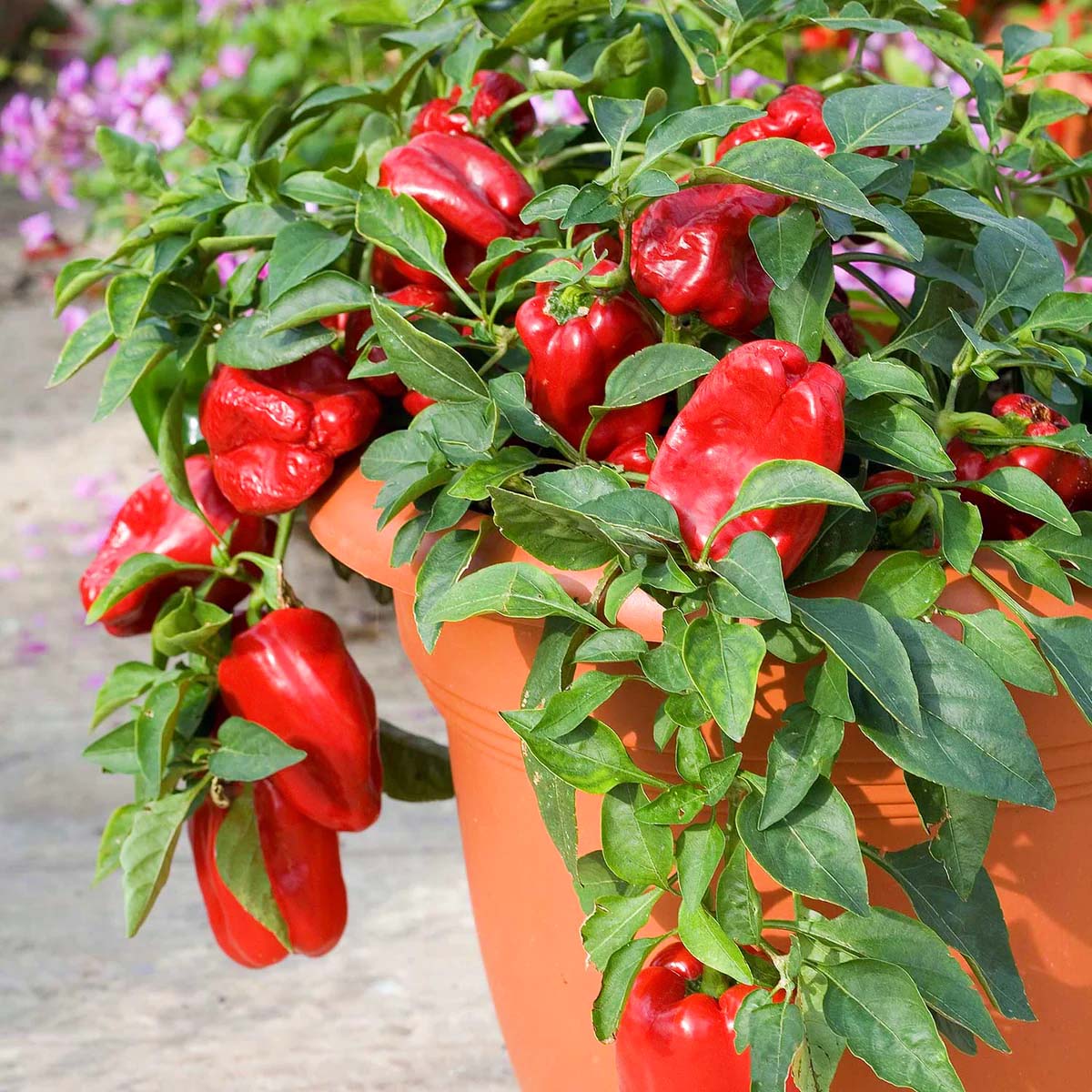
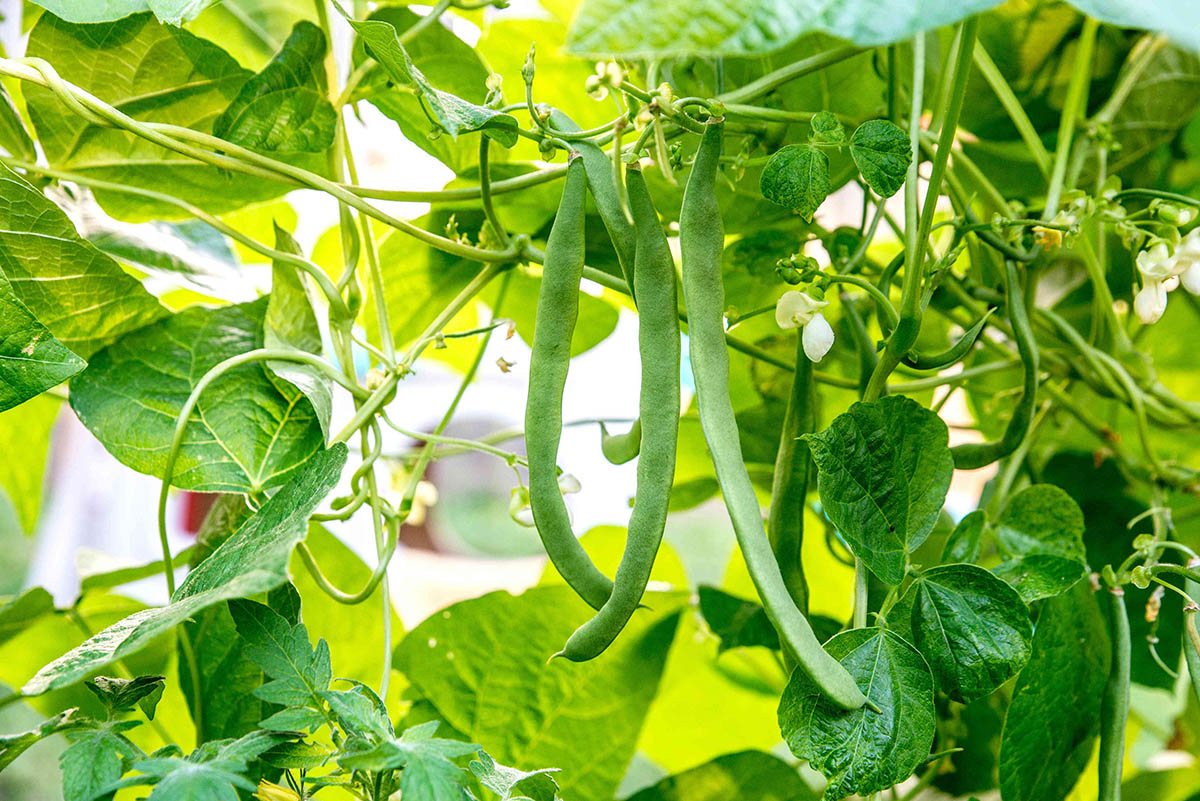
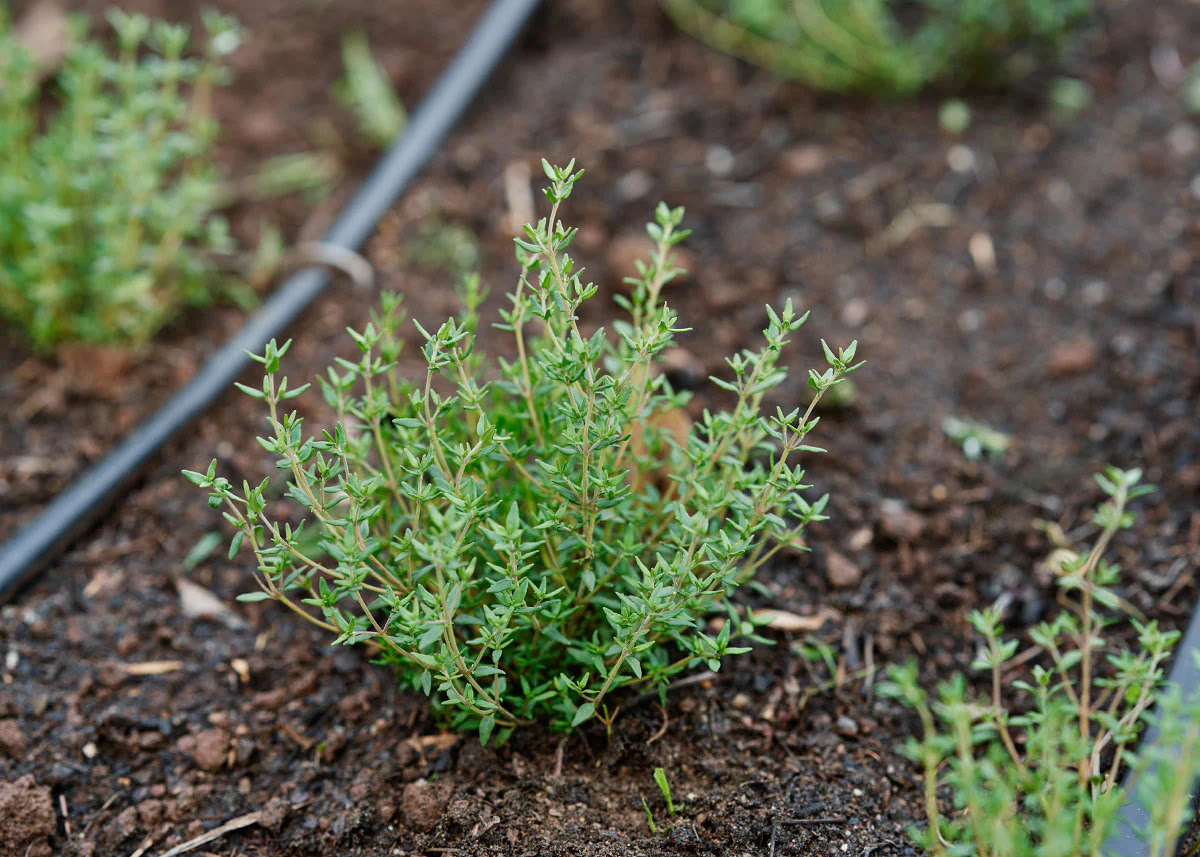
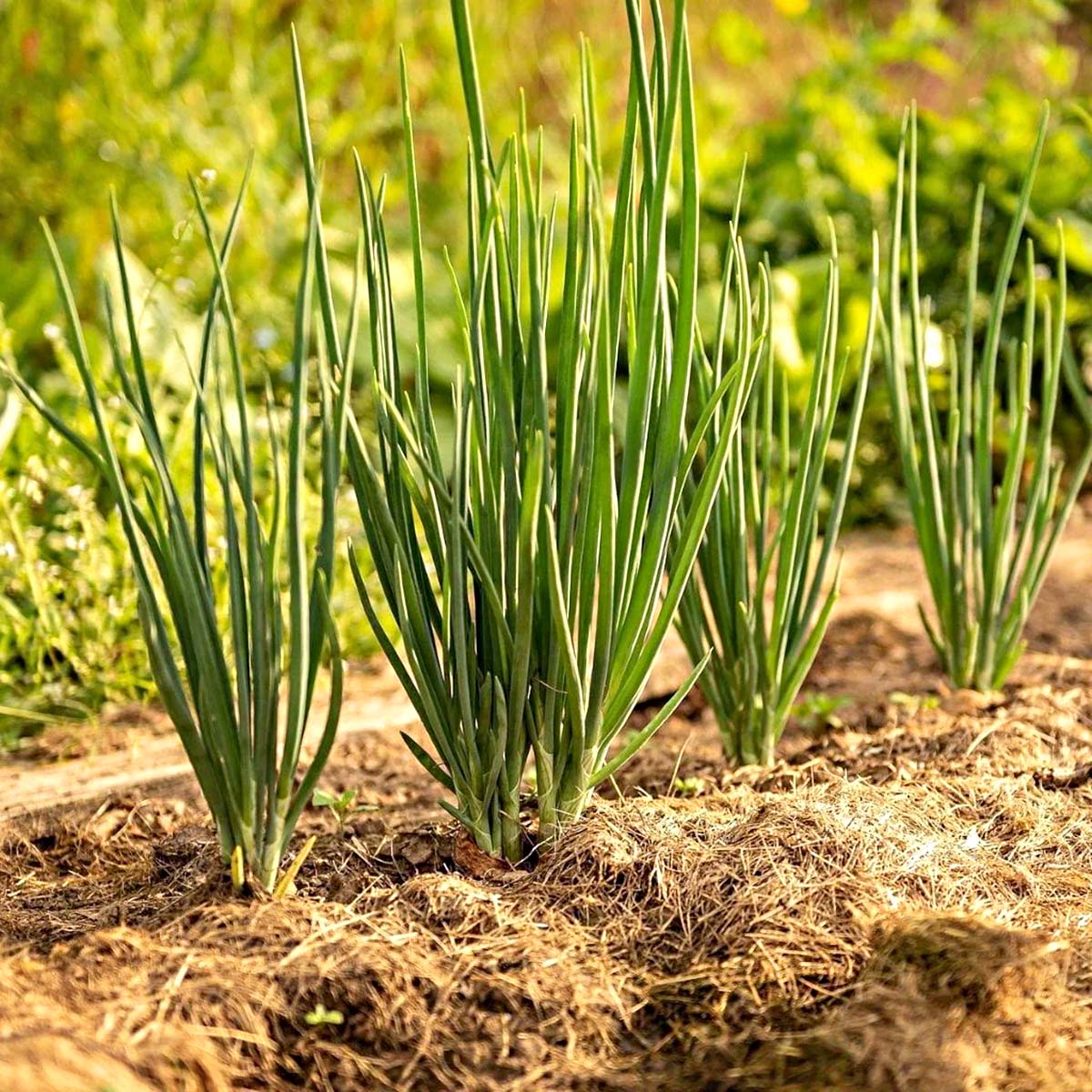

0 thoughts on “How Long Do Poppies Take To Germinate?”